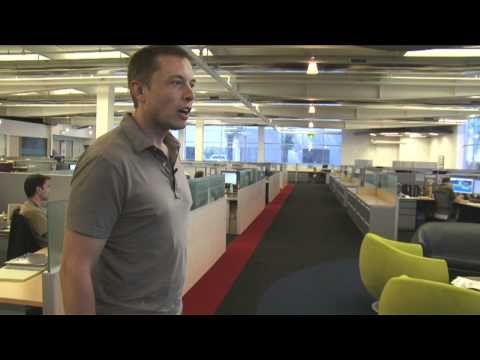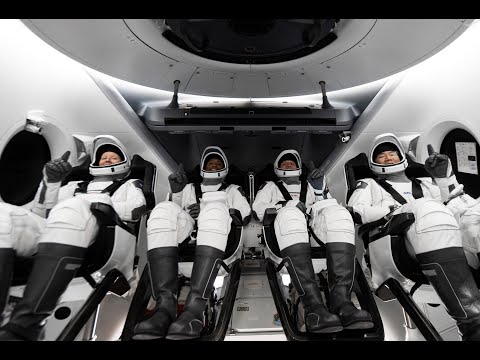Introduction
Elon Musk, the maverick entrepreneur and visionary behind companies like Tesla and Neuralink, has always been fascinated by space exploration and colonization. In his pursuit of making humans a multi-planetary species, Musk founded SpaceX with the dream of developing cost-effective and technologically advanced rockets. The culmination of his efforts came in 2018 when SpaceX successfully launched the Falcon Heavy, arguably one of the greatest engineering masterpieces of our time.
A Game-Changing Rocket
The Falcon Heavy is not your ordinary rocket; it stands tall as one of the world’s most powerful launch vehicles currently in operation. This awe-inspiring rocket consists of three reusable cores strapped together, each powered by nine Merlin engines. With a total thrust capability exceeding 5 million pounds at liftoff, it has twice the capacity to carry payload compared to any other operational rocket.
The Achievement of Reusability
One standout feature that sets the Falcon Heavy apart is its reusability. Unlike traditional rockets which are discarded after each launch, SpaceX has developed an innovative system to recover and reuse major components like boosters and fairings. By landing these components back on Earth intact, the Falcon Heavy significantly reduces costs involved in manufacturing new ones for every mission, making space travel more economically sustainable.
Breakthroughs in Landing Technology
SpaceX’s engineering prowess extends beyond just launching rockets into space but also revolves around bringing them back down safely. The synchronized landing capabilities showcased by Falcon Heavy is a marvel itself. Following its inaugural flight test in 2018, two out of three booster cores gently touched down vertically at Landing Zone 1 and Landing Zone 2 — a mesmerizing sight that demonstrated remarkable precision and control in engineering design.
Conquering New Frontiers
The development of Falcon Heavy has opened up new opportunities for space exploration previously deemed impossible or prohibitively expensive. Its expansive payload capacity allows for the launch of larger scientific satellites, heavier cargo, and even potential manned missions. This breakthrough has the potential to revolutionize space travel by making it more accessible to a wider array of commercial customers, research organizations, and government bodies alike.
A Prelude to Future Ambitions
While the Falcon Heavy remains a testament to SpaceX’s engineering achievements, it is important to recognize that Elon Musk’s ambitions for space travel go far beyond this masterful creation. Musk envisions the next chapter in human space exploration with the development of the Starship, a fully reusable spacecraft intended for long-duration missions to destinations such as Mars. Falcon Heavy serves as a crucial stepping stone towards realizing these ambitious interplanetary goals.
Conclusion
Elon Musk’s SpaceX Falcon Heavy epitomizes engineering excellence and innovation in the realm of aerospace advancements. Its ground-breaking design, reusability capabilities, synchronized landings, and potential applications have proven its status as an iconic achievement in modern-day space exploration. As SpaceX continues defying industry norms and pushing boundaries under Musk’s guidance, humanity gets one step closer to making extraterrestrial travel an everyday reality rather than a distant dream.





